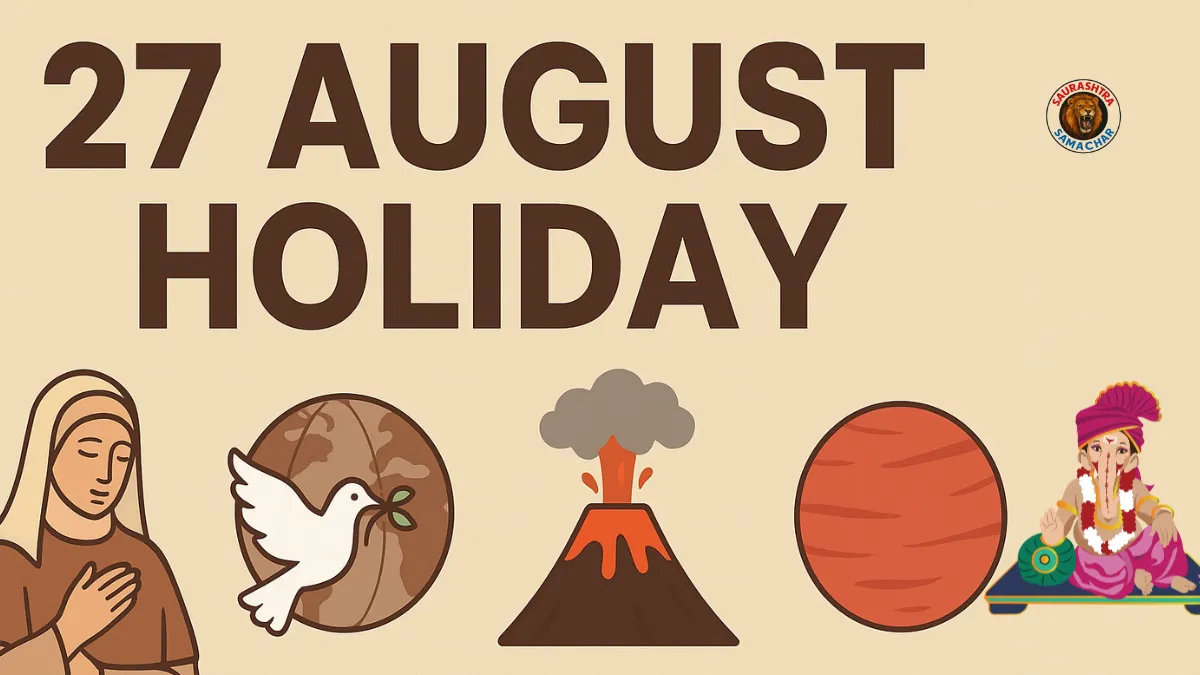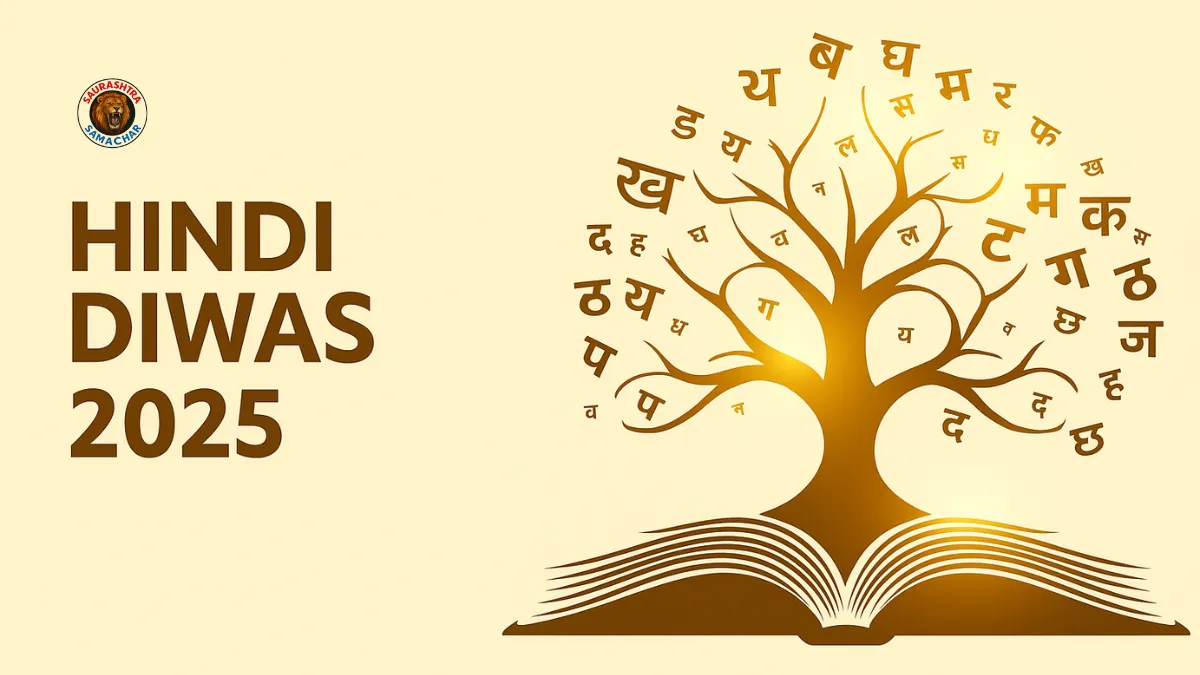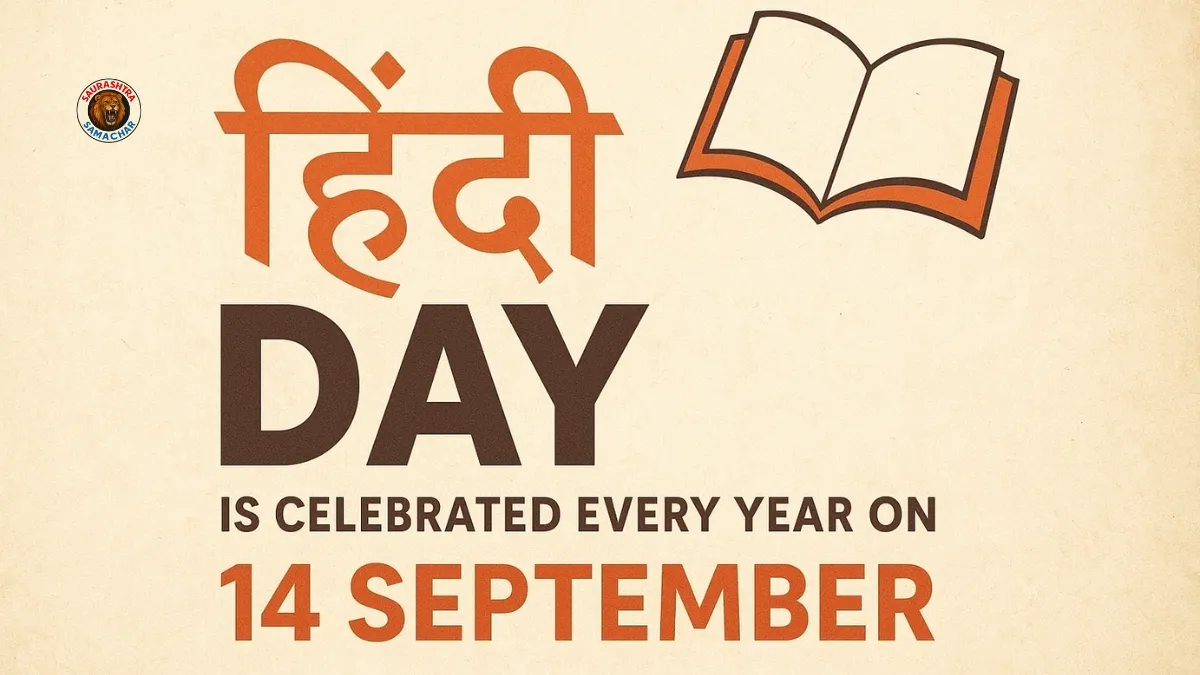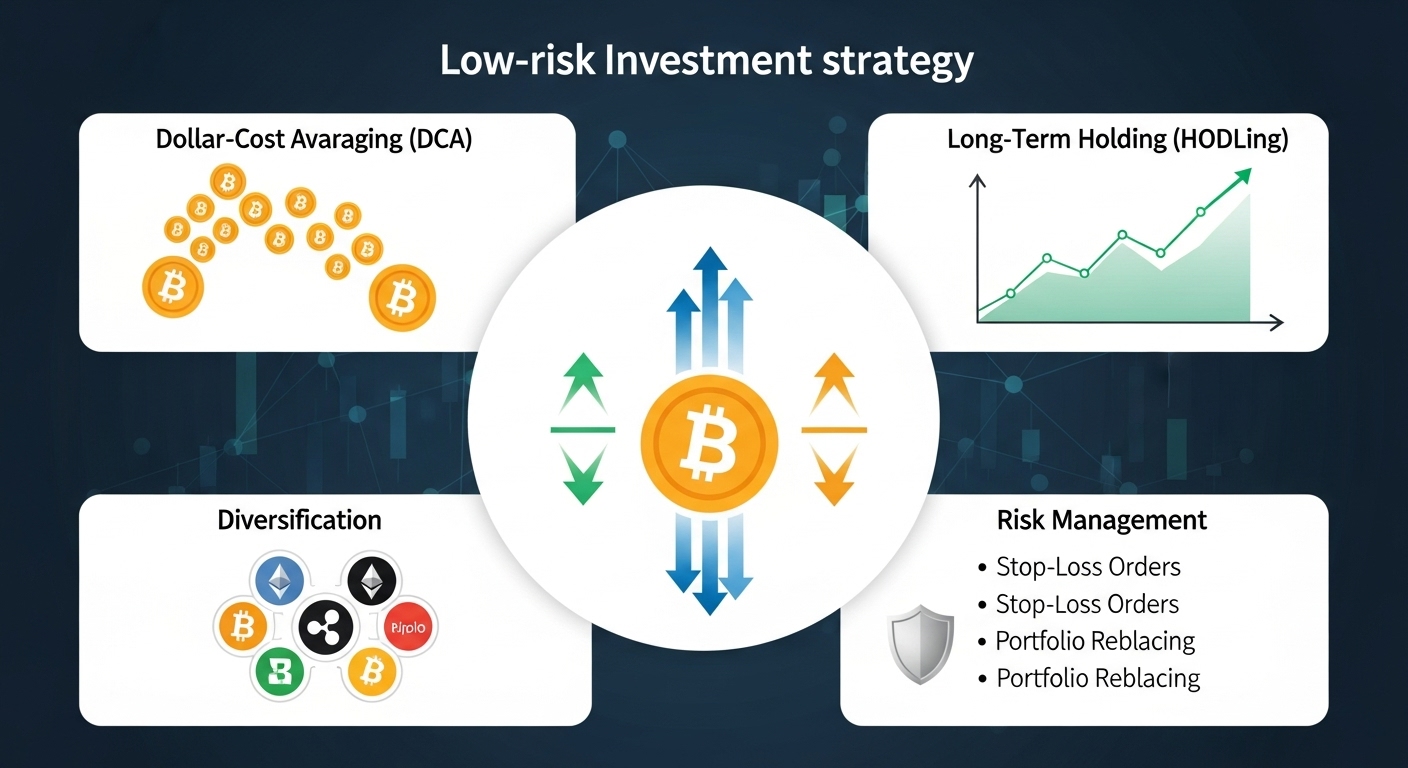27 August holiday is a date that sparks curiosity every year. While it is not a universal public holiday in most countries, the day has significant historical, cultural, and religious importance. People across different regions associate this date with spiritual observances, global events, and moments of remembrance. From the feast day of Saint Monica to the eruption of Krakatoa, 27 August carries remarkable milestones that make it more than just another day on the calendar.
In this article, we will dive deep into the importance of the 27 August holiday, the history behind it, the religious and cultural practices linked to it, and how people around the world observe this date.
Why 27 August Holiday Attracts Attention
The term 27 August holiday often confuses people because it is not listed as an official public holiday in most government calendars. However, it has become symbolic for several reasons:
- Religious Observances – Christian communities remember Saint Monica, the mother of Saint Augustine, on this day.
- Historical Significance – From peace treaties to space exploration, several historic events have occurred on 27 August.
- Cultural Observances – Local festivals or community events sometimes align with this date, giving it importance in specific regions.
- Astronomical Relevance – On 27 August 2003, Mars came closest to Earth in nearly 60,000 years, a once-in-a-lifetime astronomical event.
This blend of religion, history, and science makes 27 August a unique day worth remembering.
Historical Events on 27 August
Looking back through time, 27 August has witnessed several major events that shaped global history. Here are some key highlights:
- 1883 – The Krakatoa Eruption Peaks: One of the most violent volcanic eruptions in recorded history reached its peak on 27 August, producing explosions heard over 3,000 miles away and causing massive tsunamis.
- 1928 – The Kellogg–Briand Pact: Signed in Paris by multiple nations, this international agreement aimed to renounce war as a method of resolving disputes.
- 1962 – NASA Launches Mariner 2: This spacecraft, launched on 27 August, became the first successful mission to another planet, Venus.
- 2003 – Mars Comes Closest to Earth: On this date, Mars appeared brighter than ever in the night sky, attracting global attention from astronomers and skywatchers.
Each of these events demonstrates why the 27 August holiday holds a special place in history, even without being a formal public holiday.
Religious and Cultural Observances on 27 August
Religion and culture play a major role in why some communities recognize the 27 August holiday.
1. Feast of Saint Monica
In Christian tradition, especially within the Catholic Church, 27 August is observed as the Feast Day of Saint Monica. She is remembered as the mother of Saint Augustine, one of the most influential theologians in Christianity. Known for her perseverance in prayer, Saint Monica is honored for her unwavering faith and spiritual strength.
2. Islamic Calendar Variations
Although the Islamic calendar is lunar and changes yearly, certain fasting days, local observances, or historical Islamic events sometimes align with 27 August. These vary depending on the region and the moon cycle.
3. Local Festivals and Regional Observances
In some countries, 27 August coincides with smaller cultural festivals or memorial days. These are not globally recognized, but they hold local importance, often linked to history or tradition.
Table of Key Highlights on 27 August Holiday
Here’s a quick look at what makes 27 August memorable across different contexts:
| Country/Region | Observance/Event | Significance |
|---|---|---|
| Christian Communities | Feast of Saint Monica | Honoring the mother of Saint Augustine |
| Worldwide | Kellogg–Briand Pact (1928) | Nations agreed to renounce war |
| Indonesia | Krakatoa Eruption Memorial | Remembering the 1883 disaster |
| NASA/Space Enthusiasts | Launch of Mariner 2 (1962) | First successful planetary probe |
| Global Astronomy Fans | Mars Close Approach (2003) | Rare astronomical event |
This table summarizes why 27 August has importance in various parts of the world.
How People Celebrate 27 August Holiday
The celebrations of 27 August holiday differ depending on the community:
- Religious Communities: Churches conduct prayers, feasts, and remembrance services for Saint Monica.
- History Enthusiasts: People organize events, lectures, or online discussions to revisit key historical events of 27 August.
- Astronomy Groups: Stargazing sessions and space-related discussions often occur, especially recalling the 2003 Mars phenomenon.
- Local Gatherings: In some places, cultural festivals or fairs may fall on 27 August, creating opportunities for social bonding.
While it may not be a day off work or school in most countries, the day is meaningful to many.
27 August Holiday in 2025
In 2025, 27 August falls on a Wednesday. For most people, it will be a regular working day, but religious and cultural observances will still take place. For Christians, churches around the world will mark the Feast of Saint Monica with special services. History lovers may reflect on the Kellogg–Briand Pact or Krakatoa eruption, while astronomy enthusiasts might revisit memories of the Mars close approach.
Interesting Facts About 27 August
- The Krakatoa eruption of 27 August 1883 caused global climate changes, lowering temperatures worldwide for years.
- Saint Monica’s Feast Day on 27 August is observed just a day before her son, Saint Augustine’s feast, creating a spiritual connection between mother and son.
- The Kellogg–Briand Pact of 1928, signed on this day, eventually influenced the establishment of the United Nations and modern international law against war.
- In 2003, when Mars was closest to Earth, millions of people worldwide took part in public stargazing events.
These facts make 27 August more than just a date—it is a reminder of resilience, faith, history, and science.
Is 27 August a Public Holiday Anywhere?
The 27 August holiday is not widely recognized as an official national holiday. However, certain regions and communities treat it as a day of observance:
- In Christian-majority regions, churches hold special services for Saint Monica.
- In Indonesia, memorials and educational events may be held to remember the Krakatoa eruption.
- Globally, 27 August has importance in history books, astronomy records, and cultural calendars, even without being a public holiday.
Also read: Diwali 2025 Date: Festival of Lights, Puja Timing, Significance, and Traditions
Travel and 27 August Holiday
Travelers often search for 27 August holiday to check if they can plan trips around it. While it is not a nationwide holiday in most places, it can still be a meaningful travel date:
- Pilgrims may visit churches or religious sites dedicated to Saint Monica.
- Historians might explore museums or archives that highlight the Kellogg–Briand Pact or the Krakatoa eruption.
- Astronomy Tourists can join stargazing groups that often remember the Mars event of 2003 on this date.
If you’re planning to travel in late August, checking local events or festivals can enrich your experience, even if it’s not an official public holiday.
Also read: Ganesh Chaturthi 2025: Bring Home Ganesh Yantra and Auspicious Items for Prosperity
Conclusion
The 27 August holiday is not about government-declared vacations but about cultural, religious, and historical importance. From honoring Saint Monica in Christian traditions to remembering monumental events like the Krakatoa eruption and the Kellogg–Briand Pact, the date carries meaning across different fields.
In 2025 and beyond, 27 August will continue to be a day where faith, history, and science intersect. Whether you are attending a church service, reflecting on peace treaties, or looking up at the stars, the 27 August holiday has something to offer everyone.














